Islam set the trend for dealing equitably with people who have special needs. Umar ibn Abdul-Aziz rahimahullah asked rulers of the provinces to send him the names of all those blind, crippled, or with a chronic illness that prevented them from establishing salah. They sent him their names. He, in turn, ordered that every blind man should have an employee to guide and look after him, and that every two chronically ill persons – those with special needs – be attended by a servant to serve and care for them. (Ibn Al-Jawzi)
The same course was taken by caliph Al- Waleed ibn Abdul-Malik. In 707 CE, he ordered the establishment of a foundation specialized in looking after them. Doctors and servants, paid fixed wages, were employed in this foundation. He granted a regular allowance to persons with special needs, and made them sufficient enough to not beg others. In addition, he appointed employees to serve all those who were disabled, crippled, or blind. (Ibn Kathir, At-Tabari)
The Prophet sallallahu alaihi wa sallam left Ibn Umm Maktoum radhiallahu anhu twice as his representative in Madinah to lead the prayer, though he was blind. (Ahmad) He was also appointed as a Muazzin of the Prophet sallallahu alaihi wa sallam. (Muslim)
When Muslims would go on their expeditions, they used to leave those among them who were chronically ill, submit the keys of their doors to them, saying, “We have made it lawful for you to partake of our houses’ food”. (Ar-Razi)


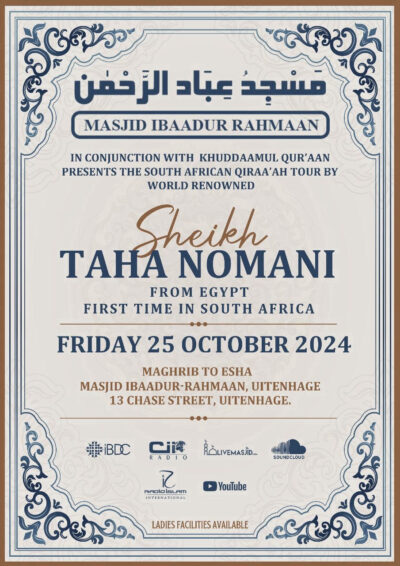

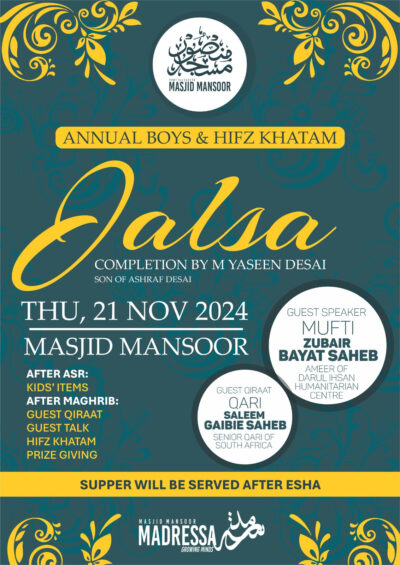

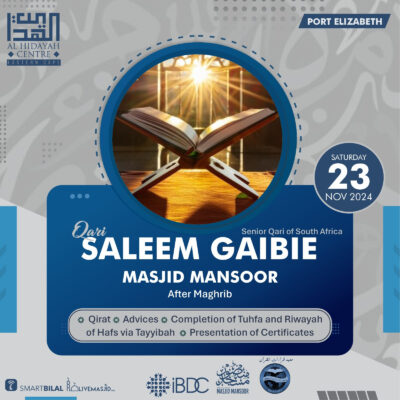

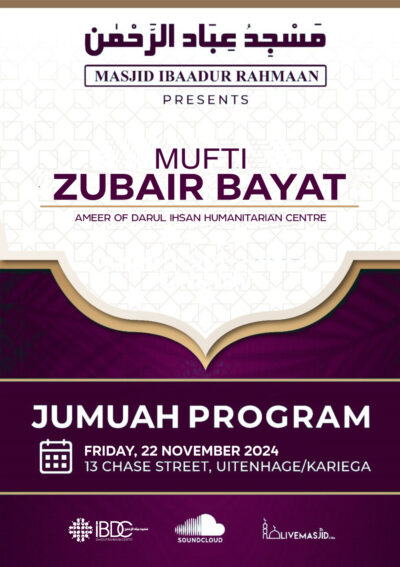
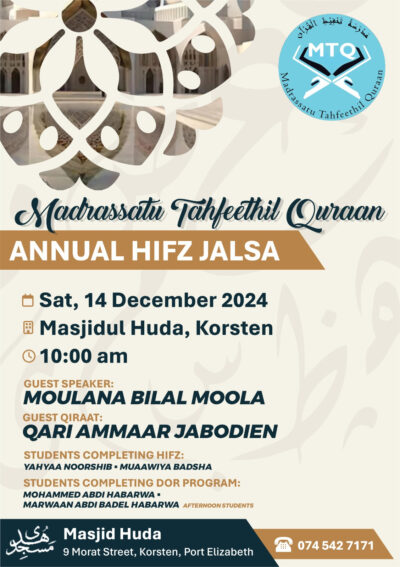



COMMENTS